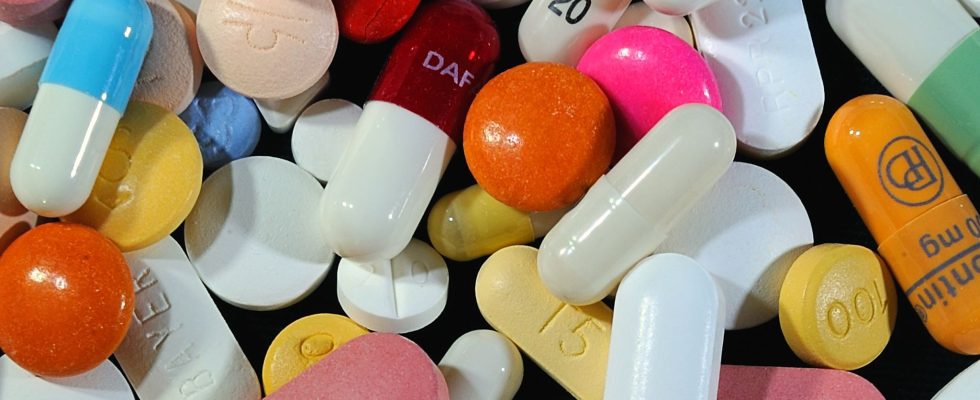Despite the incessant alerts, the findings of various reports and government announcements over the years, medical deserts persist. At the end of 2022, the French were still nearly 6 million without a doctor, according to the latest figures from Health Insurance. And for those who have one, “6 days elapse on average between making contact and the appointment, all reasons for request combined (symptoms, regular follow-up, renewal of a prescription)”, noted the Dress ( Department of Research, Studies, Evaluation and Statistics) in a study of October 2018.
The French are adapting: more and more of them are turning to self-medication. That is to say that they no longer hesitate to buy a drug without a prescription in a pharmacy and to self-administer it, or even to consume an old drug present at home. In twenty years, the progression is clear. A study by the polling institute Ifop for the Biogaran laboratory, published in April 2023, indicates that 88% of French people used non-prescription drugs in 2022, compared to 58% twenty years earlier, in 2002.
A booming market
According to professionals, the main categories of drugs used in self-medication mainly concern pain, the respiratory system and the digestive system. The Ifop survey also reveals that the use of non-prescription drugs is done not only to relieve mild symptoms that do not require a consultation (79%), but also because it would have been necessary to wait too long to obtain an appointment. with a GP (57%) and because, for 29% of respondents, they did not have the means to advance consultation fees.
In 2022, more than 78 million monthly visits to pharmacies (out of a total of 281.5 million) concerned purchases of first aid products without a prescription, therefore for self-medication, according to the professional organization Nères – which represents manufacturers of non-prescription drugs – quoted by The world. This significant attendance makes pharmacists’ representatives say that the pharmacies of the territory could be one of the solutions to medical deserts. In its report, the NèreS emphasizes that they are an “entry point into the care pathway for future reforms” and that “the pharmacist is a first-line health professional”.
In addition, while it is far from equal to the market for reimbursed drugs (353 billion euros), that of self-medication still weighed two billion euros in 2022. That is 11% more than the previous year.
Savings for Social Security?
Also in the same study, NèreS, in collaboration with Open Health, indicates that improving the care pathway, in particular with self-medication on the advice of a pharmacist, could potentially “free up 91 million visits to the doctor” per year. According to their calculations, 1.675 million days of medical time could thus be redirected to patients each year.
More certainly, another study carried out at European level by the European association of the self-medication industry (AESGP) reports that “each euro invested in first-line health and prevention products saves 6 €.70 (including €4.60 in savings for the health system and €2.10 for the national economy)”. Beyond the financial savings, the use of self-medication “also saves the time of patients (almost 106 minutes) and that of their doctor (22 minutes)”, specifies the document.
